Eurovision's Response To Israel Boycott Demands
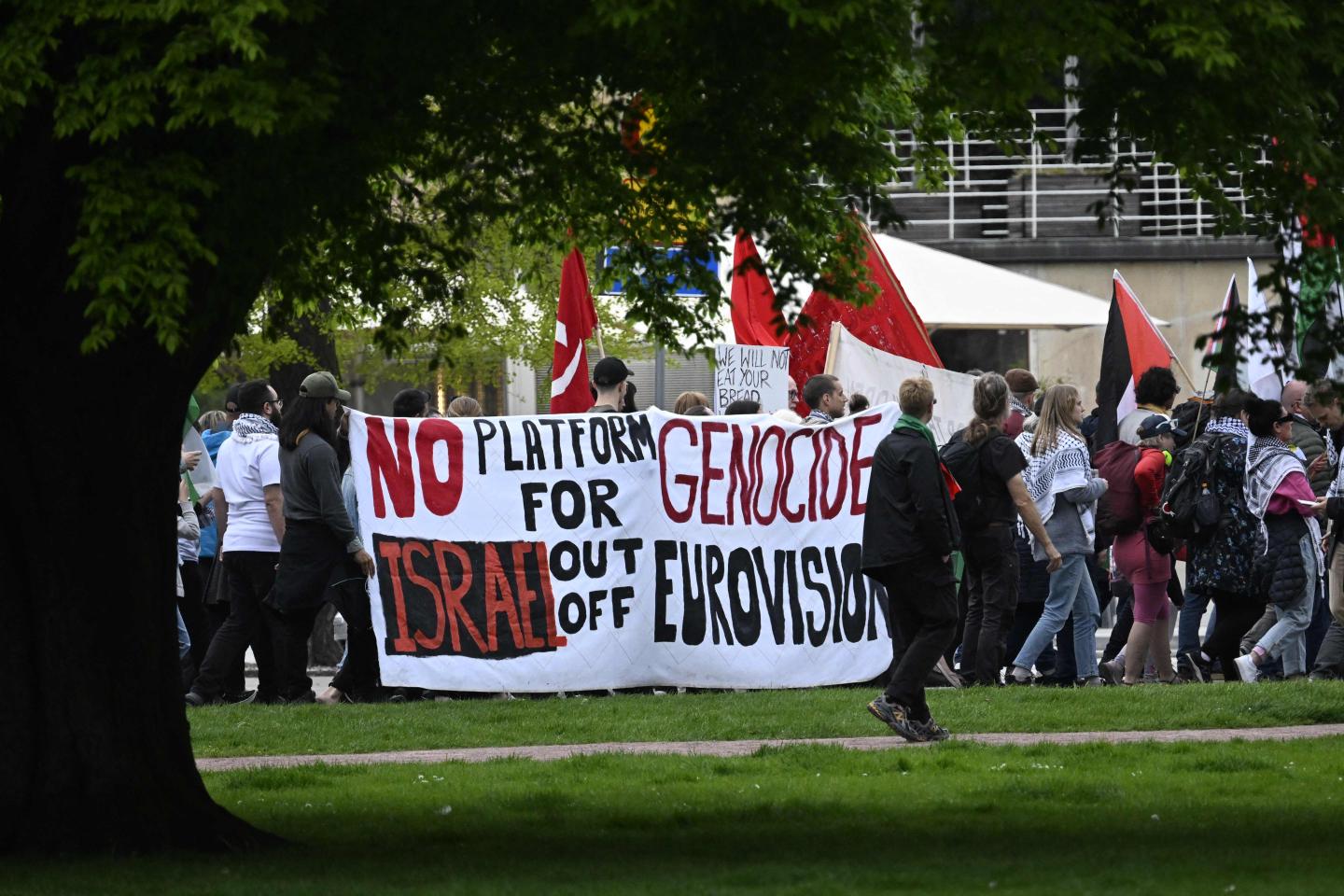
Table of Contents
The Nature of Boycott Calls Against Israel's Eurovision Participation
Calls for boycotting Israel's participation in Eurovision stem from the ongoing Israeli-Palestinian conflict and the complex political realities in the region. Pro-boycott activists argue that allowing Israel to compete legitimizes its actions and ignores the human rights violations against Palestinians. Their arguments are often rooted in:
- Violation of Palestinian human rights: This includes accusations of human rights abuses in the occupied territories, restrictions on freedom of movement, and the impact of the blockade on Gaza.
- Occupation of Palestinian territories: The ongoing occupation of Palestinian lands remains a central point of contention, fueling calls for international pressure on Israel.
- Treatment of Palestinian artists: Boycott advocates point to the difficulties faced by Palestinian artists in expressing themselves freely and participating in international events.
- Calls for cultural sanctions: These calls often mirror broader Boycott, Divestment, Sanctions (BDS) movements seeking to pressure Israel through cultural and economic means.
Prominent figures and organizations involved in promoting these boycotts range from Palestinian activist groups to international human rights organizations and individuals within the artistic community. The moral and ethical implications of the Israeli-Palestinian conflict are central to the arguments put forth by these groups.
Eurovision's Official Stance on Political Boycotts
The European Broadcasting Union (EBU), the organizer of Eurovision, maintains a strict policy of political neutrality. Its official rules explicitly prohibit the use of the contest as a platform for political statements or demonstrations. This commitment to neutrality is enshrined in the EBU's charter and is designed to safeguard the integrity and non-political nature of the competition.
- EBU's commitment to neutrality: The EBU consistently emphasizes its dedication to maintaining a politically neutral environment for the competition.
- Rules against political statements: Strict regulations prohibit overt political statements, demonstrations, or displays during performances or other Eurovision events.
- Past controversies and resolutions: While the EBU strives for neutrality, past instances of politically charged performances or statements have resulted in investigations and, in some cases, sanctions.
- Sanctions for rule violations: Violations of these rules can lead to penalties, ranging from warnings to disqualification from the competition.
Examining the EBU's Actions in Response to Boycott Campaigns
The EBU's response to boycott campaigns targeting Israel has been multifaceted, but often criticized as insufficient by pro-boycott advocates. The EBU's actions typically include:
- Statements released by the EBU: The organization has issued statements reiterating its commitment to neutrality and explaining its position on the issue.
- Dialogue with stakeholders (artists, activists): The EBU has engaged in dialogue with various stakeholders, including artists, activists, and representatives from participating countries, to address concerns and seek clarification.
- Internal reviews and policy adjustments: The EBU has conducted internal reviews of its rules and regulations to ensure they remain appropriate and effectively address potential controversies.
- Effectiveness of the EBU's actions: The EBU's actions, however, have faced criticism for not adequately addressing the underlying political issues driving the boycott calls. Some argue that maintaining neutrality inadvertently supports the status quo.
The EBU's balancing act between upholding its commitment to neutrality and acknowledging the sensitivities of the situation remains a challenge.
The Impact of Boycott Calls on Israeli Participation and Eurovision's Image
The calls for boycotts have undeniably influenced Israel's participation in Eurovision, although not always resulting in significant changes in participation rates. The controversy has, however, affected Eurovision's global image and reputation.
- Participation rates of Israeli artists: Despite the boycott calls, Israeli artists have continued to participate, although the level of participation may be influenced by public opinion and perceived risks.
- Public opinion and media coverage: The controversy has drawn extensive media attention, shaping public perception of both Eurovision and Israel's role in the event.
- Effect on Eurovision's global appeal: The political controversy has the potential to affect Eurovision's broader appeal to international audiences.
- Long-term consequences for the competition: The ongoing debate poses a significant challenge for the long-term future of the competition and its ability to remain a politically neutral platform for musical talent.
The perspectives of Israeli artists, Palestinian activists, and Eurovision viewers are diverse and often conflicting, reflecting the complexities of the underlying political situation.
Conclusion: Eurovision and the Ongoing Debate: Navigating the Complexities of Boycotts
Eurovision’s response to Israel boycott demands highlights a delicate balancing act: maintaining its commitment to political neutrality while grappling with the highly sensitive and politically charged Israeli-Palestinian conflict. The EBU’s efforts to address concerns while adhering to its rules have been met with varied levels of success, sparking ongoing debate and criticism. The future of this dynamic situation remains uncertain, demanding a thoughtful and nuanced approach from all stakeholders. We encourage readers to delve deeper into the "Israel Eurovision boycott debate," critically examining "Eurovision's political neutrality" and the complexities surrounding "Palestinian rights and Eurovision," to form their own well-informed opinions on this ongoing discussion.

Featured Posts
-
 Eurojackpot 40 000 E Voitto Osui Suomeen Naein Se Tapahtui
May 14, 2025
Eurojackpot 40 000 E Voitto Osui Suomeen Naein Se Tapahtui
May 14, 2025 -
 Joaquin Caparros Y El Sevilla Fc 25 Anos De Compromiso
May 14, 2025
Joaquin Caparros Y El Sevilla Fc 25 Anos De Compromiso
May 14, 2025 -
 Tariff Wars Freeze Ipo Market Examining The Economic Fallout
May 14, 2025
Tariff Wars Freeze Ipo Market Examining The Economic Fallout
May 14, 2025 -
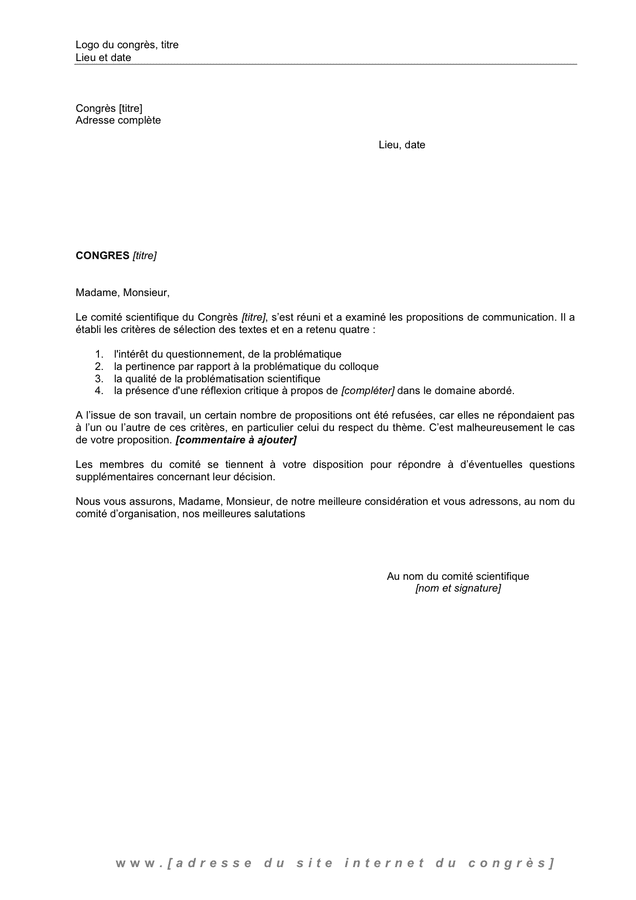 Commission D Enquete Budgetaire La Justice Saisie Apres Le Refus De Kohler De Comparaitre
May 14, 2025
Commission D Enquete Budgetaire La Justice Saisie Apres Le Refus De Kohler De Comparaitre
May 14, 2025 -
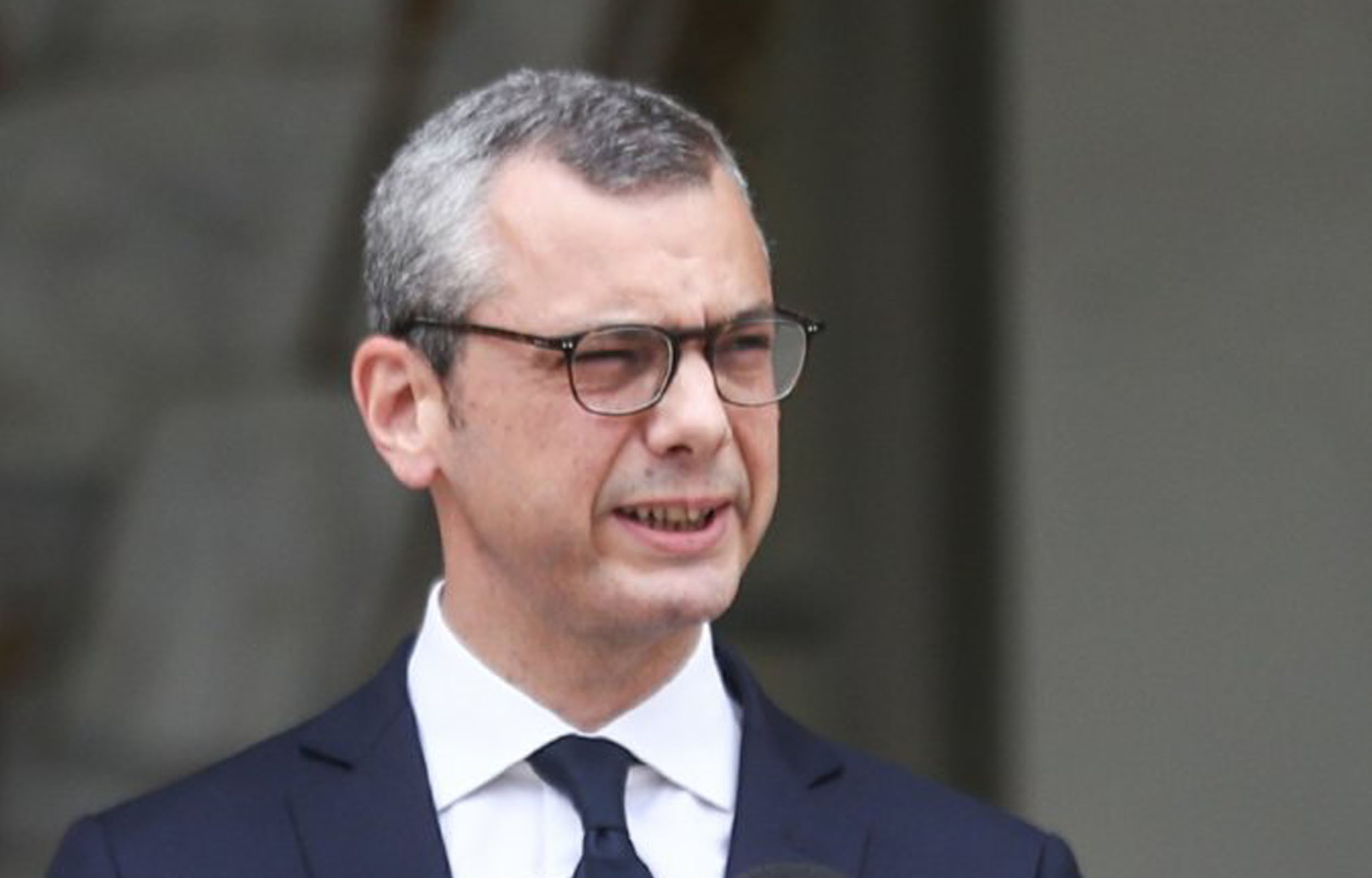 Societe Generale Appoints Alexis Kohler Evp
May 14, 2025
Societe Generale Appoints Alexis Kohler Evp
May 14, 2025
Latest Posts
-
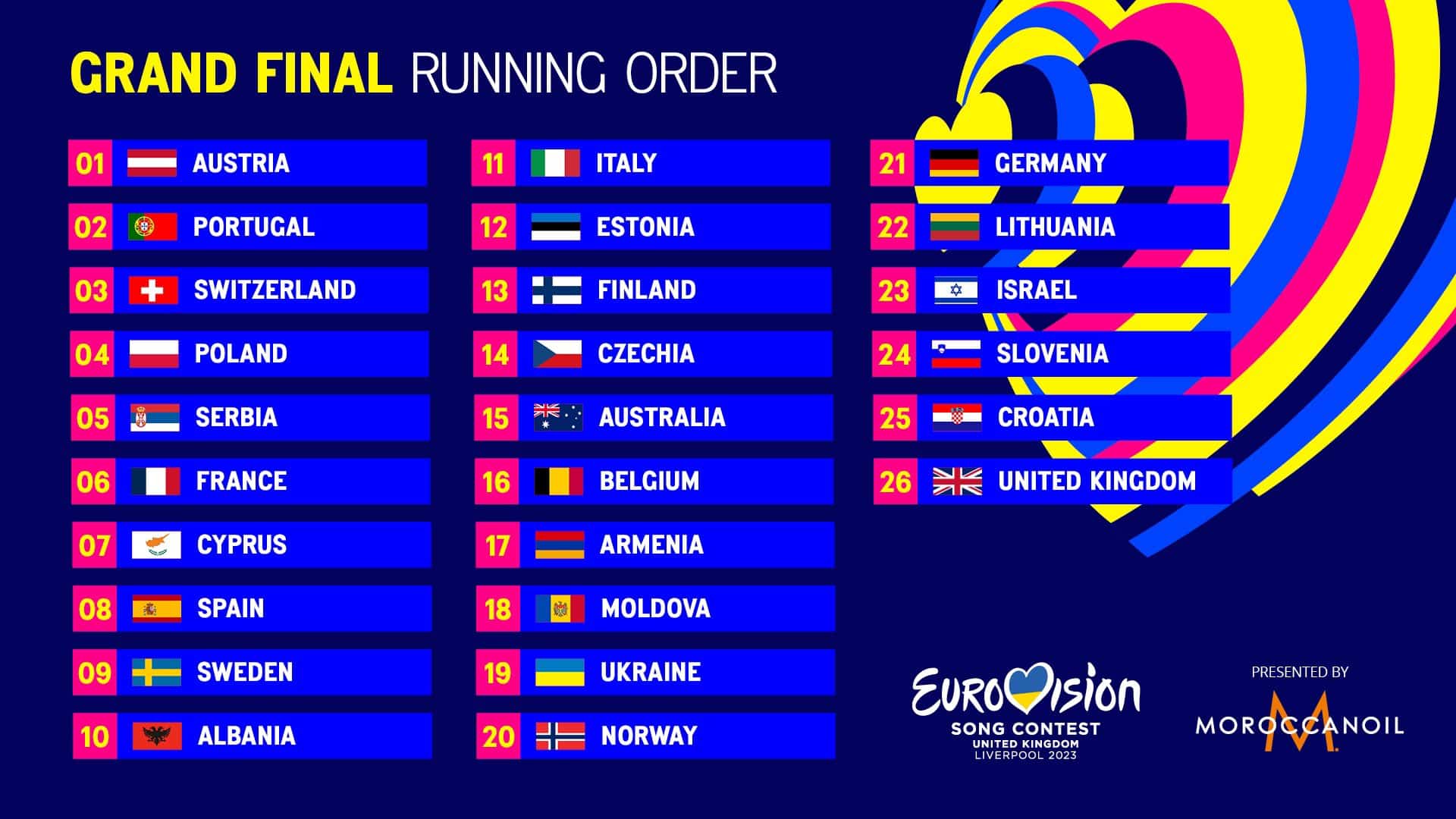 Eurovision 2025 Semi Final And Final Dates Announced
May 14, 2025
Eurovision 2025 Semi Final And Final Dates Announced
May 14, 2025 -
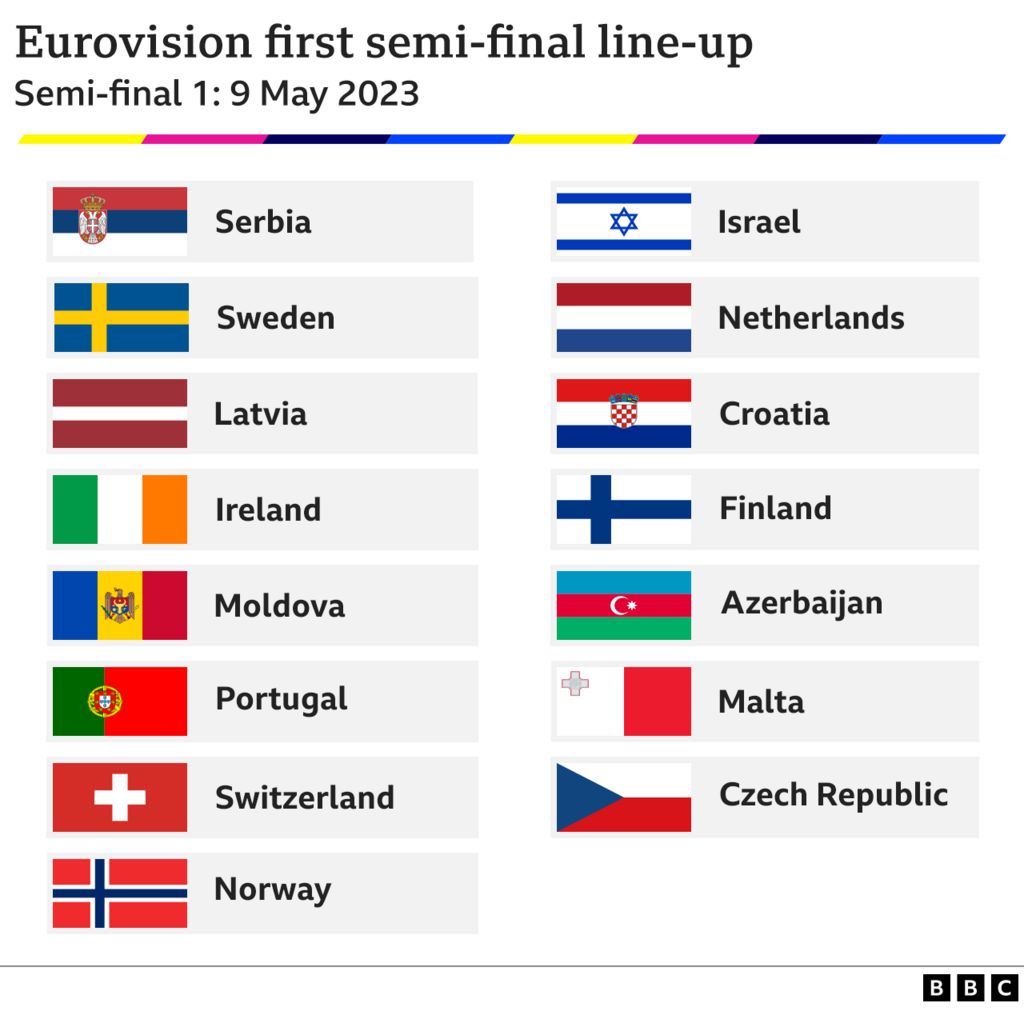 Estonias Unexpected Eurovision Semi Final Entry An Italian Twist
May 14, 2025
Estonias Unexpected Eurovision Semi Final Entry An Italian Twist
May 14, 2025 -
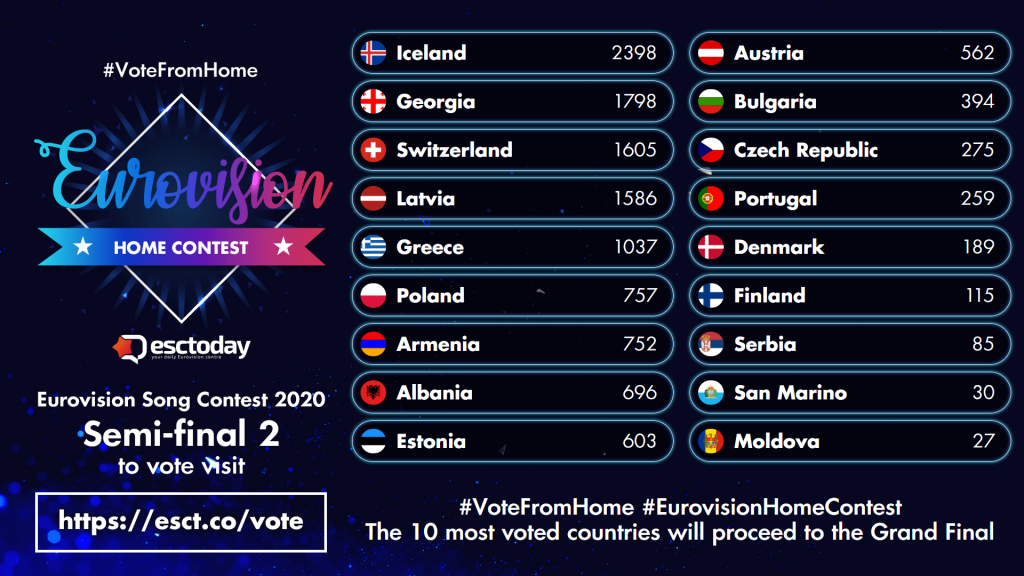 When Is The Eurovision 2025 Final Key Dates For Semi Finals
May 14, 2025
When Is The Eurovision 2025 Final Key Dates For Semi Finals
May 14, 2025 -
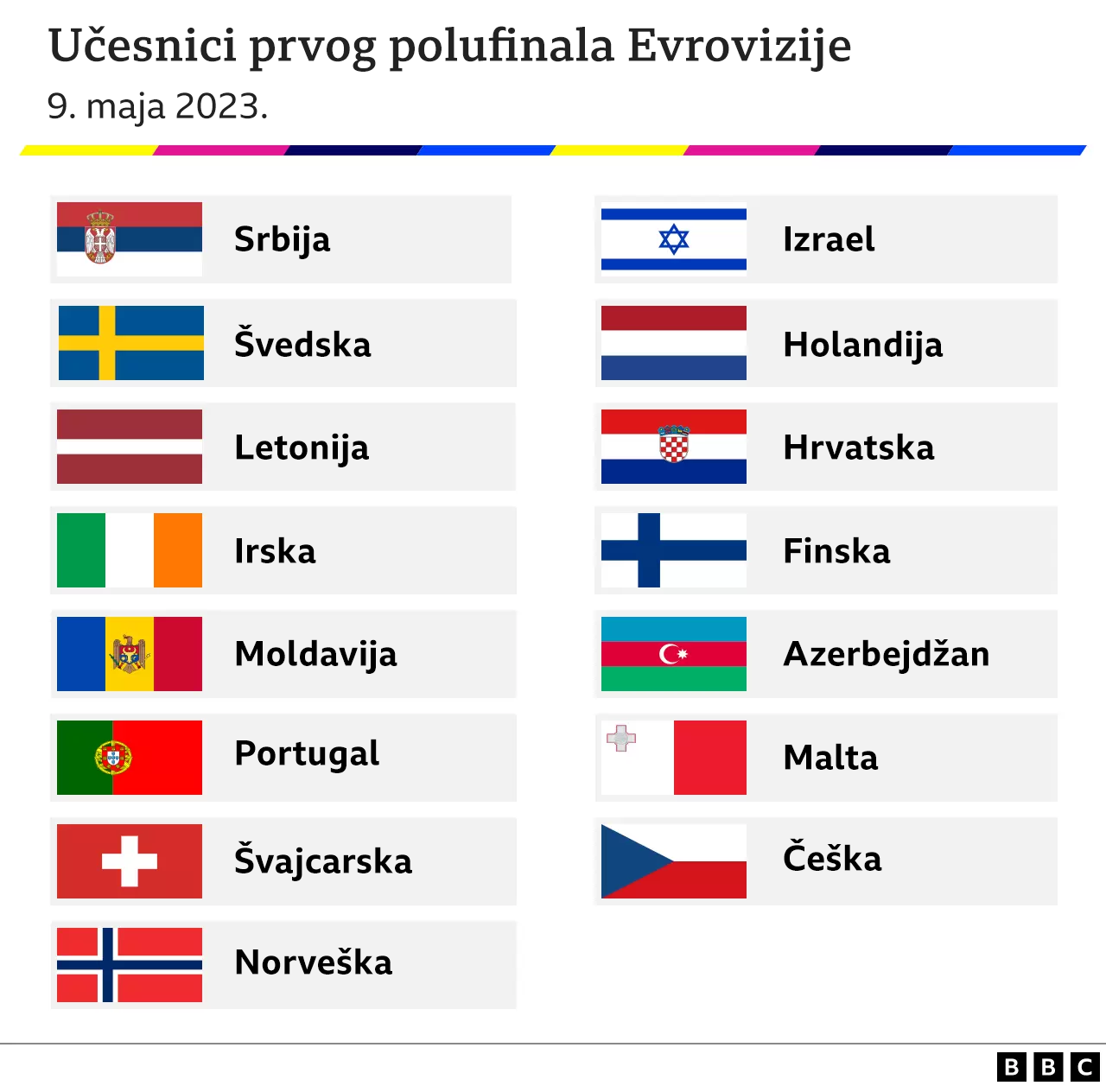 Eurovision Semi Final Estonias Absurd Italian Parody
May 14, 2025
Eurovision Semi Final Estonias Absurd Italian Parody
May 14, 2025 -
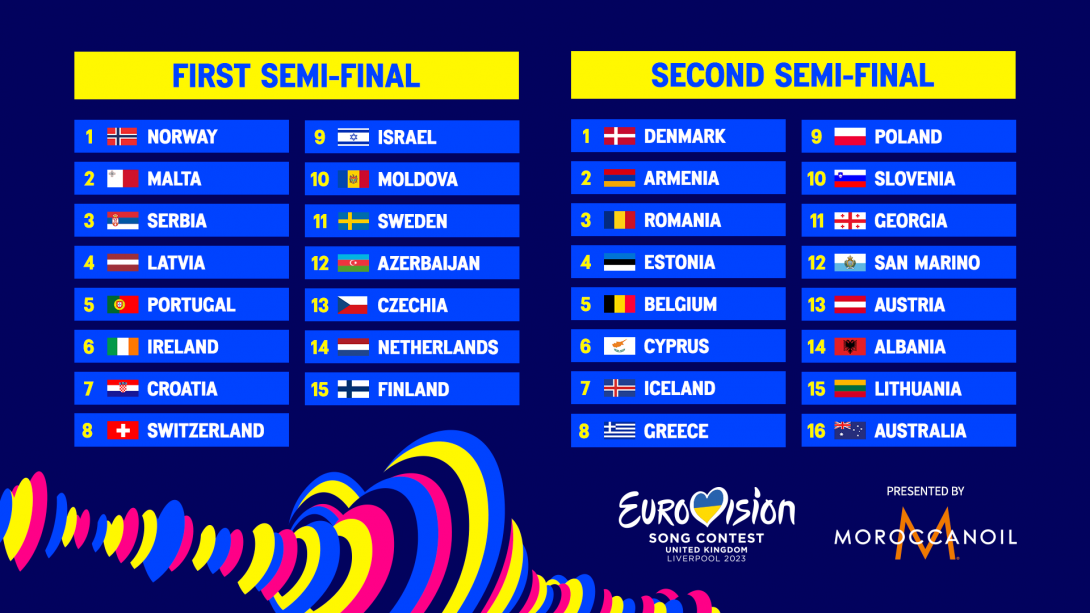 Eurovision 2025 Final Dates For The Semi Finals And Grand Final
May 14, 2025
Eurovision 2025 Final Dates For The Semi Finals And Grand Final
May 14, 2025
